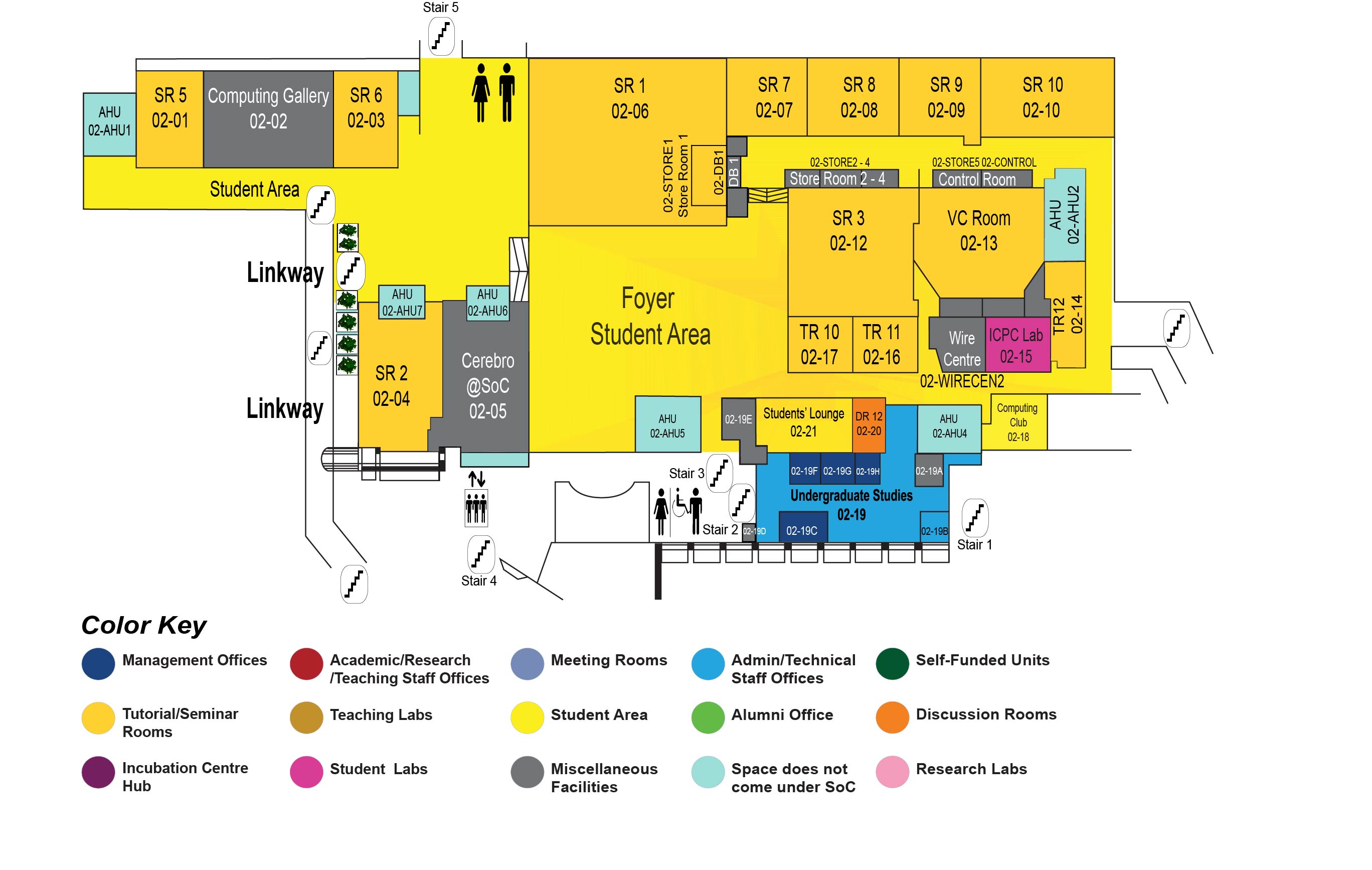Methods for Knowledge Discovery and Intervention Design in Evidence-based Health Care
COM1 Level 2
SR1, COM1-02-06

Abstract:
Evidence-based health care has become an increasingly important focus of the modern medicine in recent years. Its success is pertaining to the use of best evidence available, the integration of patients' values and preferences, as well as the development of clinical tools and interventions. This thesis adopted a design science approach to extending social and technological boundaries of scientific methods in evidence-based health care towards achieving optimal health. Several novel design artefacts were created through a sequence of principled and rigorous studies.
First, over 70 randomised controlled trials (RCTs) are published in MEDLINE every day; in which there is an emerging need for a dynamic design of evidence networks as the best source of health optimisation. The first study investigated the text and layout features of unstructured full-texts in biomedical literature to establish a knowledge extraction method for building high-quality and up-to-date evidence networks of RCTs. As a result, "living" network meta-analyses can be automated for reporting comparative effects of patient-important outcomes in chronic disorders such as Major Depressive Disorder and Bipolar Disorder. The study outcomes were incorporated into a multi-criteria decision analysis model for decision optimisation.
Second, we proposed a task-based topic modelling method for discovering and demystifying knowledge about patients' values; which are personal perceptions about the desirability of treatment options and characteristics. In the study, 236 patient decision aids between 1995 and 2016 were collected and analysed in unstructured formats. Furthermore, we developed a semantic confirmatory data analysis method to uncover the limitations in existing decision aids. The study findings provided comprehensive coverage of hidden semantic structures as the guideline for improving the design and development of patient decision aids.
Last, with the massive expansion of mobile technologies, mobile apps have become ubiquitous and versatile tools to transform evidence-based practice. In the third study, we proposed a framework for analysis and design of mobile health interventions as means for delivering optimal care to patients. A mobile health artefact was developed for a Coronary Heart Disease (CHD) prevention program on awareness, knowledge, and stress management. The effectiveness of the artefact was evaluated through a pilot randomised, controlled trial with 80 participants as compelling empirical evidence in mobile health.
With the theoretical discourses and empirical evidence, this thesis contributed substantially to the cumulative advancement of information theory, design science, and health optimisation. Moreover, we presented multiple methods and tools for clinicians and care providers to facilitate evidence-based health care.

